-

In the intricate world of real estate transactions, clarity and assurance are paramount. Whether you're a seasoned homeowner or a first-time buyer, you've likely encountered the term "Improvement Location Certificate" (ILC) when navigating the labyrinthine processes of buying a property. While it ma
Read More Surveying Your Path to Real Estate Success: Understanding the Key Types of Surveys

When it comes to the real estate industry, knowledge is power. Whether you're a prospective buyer, seller, or a real estate professional, understanding the various types of property surveys is essential for making informed decisions and ensuring a smooth transaction. In this blog post, we'll explore
Read More
Categories
- All Blogs 60
- advice 18
- broomfield colorado 1
- buying land 1
- client experience 8
- colorado 11
- commerce city colorado 2
- denver metro area 12
- ELEVATE newsletter 14
- FAQs 1
- firestone colorado 1
- first-time homebuyers 8
- foothills properties 1
- for sellers 8
- home improvements 1
- home valuation 1
- homebuyers 21
- homebuying in 2024 11
- inflation 4
- interior design & decor 1
- investing/investors 3
- land surveys 2
- local news 11
- market updates 1
- matt thomas 3
- monthly housing updates 7
- mortgage interest rates 12
- mortgage lending 8
- mountain properties 1
- moving 2
- national news 9
- negotiations 2
- open houses 1
- opinion 2
- press release 3
- property management 2
- property taxes 2
- radon 1
- ReaL Broker 2
- relocating 4
- remote homebuying 1
- rentals 1
- renting 1
- senior homeowners 2
- showings 3
- the altitude group 4
- thornton colorado 3
- videos 4
- vocabulary 4
Recent Posts

So much happened in October…and now it's over. What should we make of it?

Enigmatic Real Estate Market: Rising Rates, Multiple Offers, and Increasing Inventory...All at Once!

Denver & Front Range Housing Update: Insights into Market Balance and Pricing Trends

Find Out How You Can Access An Unbeatable All-Cash Homebuying Program

Saved by a Snow Squall and How the Market Melted it All Away

Why Waiting to Buy a Home Might Not Be the Best Move - The Numbers Don't Lie

It's Always Sunny in the Bahamas | Denver Housing Market Update - February 16, 2024

There Could be Many Reasons for You to Turn Your Home into a Rental

The Top Reasons Not to Make Your Primary Home into a Rental

From Rates to Inventory: What's Shaping the Denver Housing Scene Already in 2024
